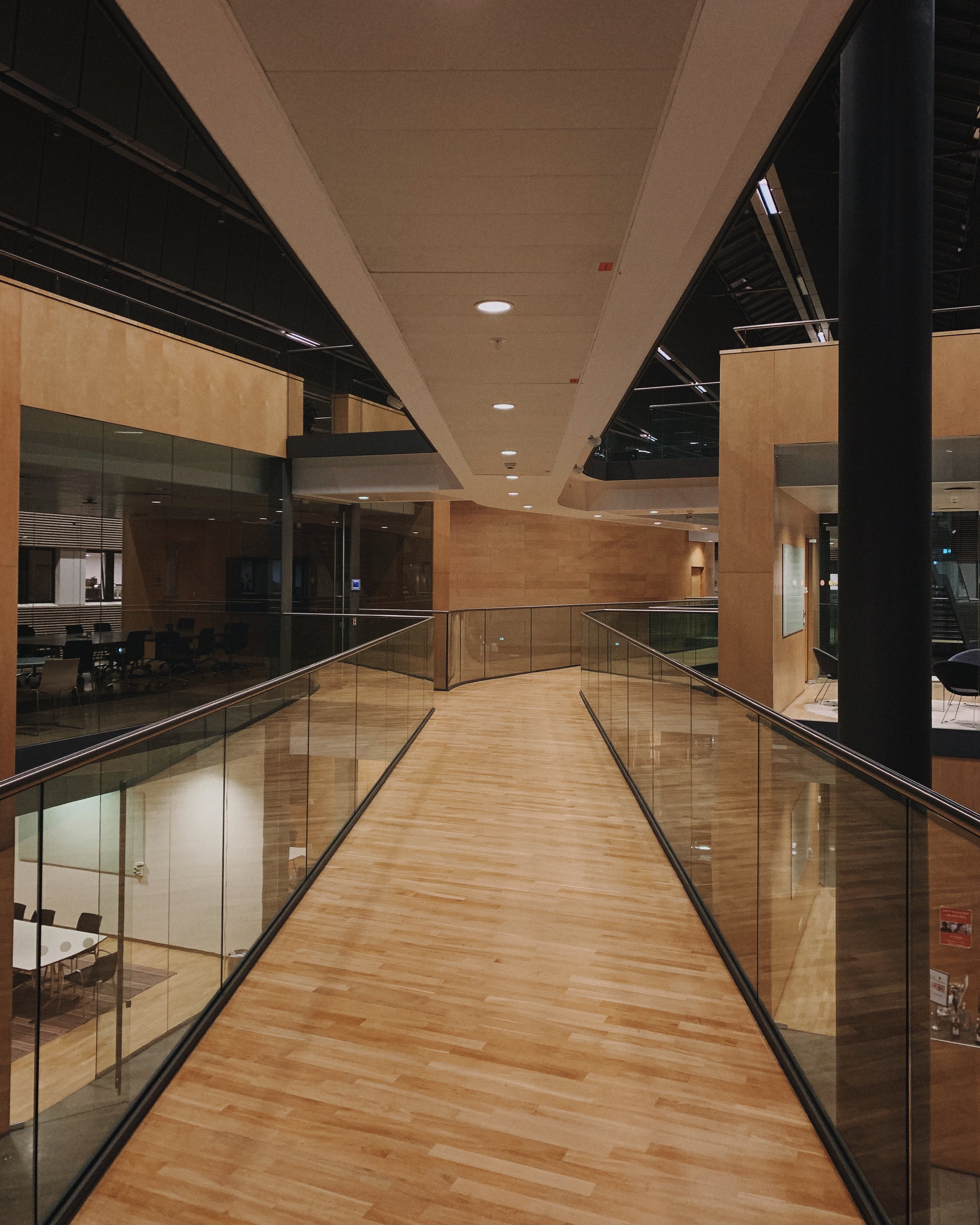Studying in Denmark as an international student
It's now been almost 4 years since I first landed in Denmark to start my Master's degree at the Technical University of Denmark, here in Copenhagen. This is a small retrospective filled with tips, tricks, and memories from an international student. It serves no particular purpose other than possibly having enjoyed reading something like it before moving here.
Pick a great school. Denmark has some of the best Universities in the world. Some of them are the Technical University of Denmark (DTU), the Copenhagen Business School (CBS), Aarhus University, and the University of Copenhagen (KU). When I say "best", I'm not necessarily referring to the ranking of the schools (those are very good too), I'm referring to the methodology of teaching, and the immense learning that results from it.
Most countries in the EU also have great universities, places like London or Paris are filled with great schools. Most public Universities in Europe are pretty cheap (comparing to countries like the US). A normal public university in Portugal, for example, will set you back about 1000€ per year. In Denmark though, school is completely free. Which, as a student, is a GREAT price for extraordinary academic experience.

One of the main reasons for choosing a Danish university over others is the teaching philosophy. In most places in Europe, teachers are chosen because of their academic reputation. In Denmark, teachers are chosen because of their teaching ability. Great researchers often result in subpar teachers and vice versa. But I have found it much more interesting to learn from someone that really puts effort into teaching rather than not. It's that old motto of teachers in the south of Europe being put on a pedestal and never responding to emails, that is the complete opposite here in Denmark. You are ENCOURAGED to email, bother, discuss, and talk to your teachers at all times. Transparency is key, and every course (at least in DTU), publishes its ratings and grade history every year.
Moreover, in most Master degrees, at least 1/4 of your program is completely up to you to define. This means you can choose absolutely ANY course you want to take. Still remember choosing my courses at DTU, I felt like browsing Amazon for cool products to buy, or even like a kid in a candy shop. Really! Take a look at this study program.
Here are some of my personal favorite courses in DTU (yes, these are often open access to everyone, enrolled or not):
- Intro to programming and data processing
- Social Data Analysis and Visualization
- Deep Learning
- Technology and Innovation Management
Where I come from (Portugal), we were used to almost ignore classes during the semester and then read a 300+ page textbook 2 weeks before exams week. The result? You try to pass and get that 10/20 just so you don't have to repeat the course again the year after. Also, group work is not a thing at all. In DK, the system revolves around continuous learning. You go to class in the morning, and then sit and solve problems with the teacher during the afternoon. Also, group work is very valued, which is great preparation for your professional life.
Start working early. Remember that I said that school is completely free? Well, it gets better. In Denmark, there is this thing called "student jobs". Student jobs are jobs you can get where you work 2 days a week for an hourly rate while completing a degree at the same time. If you are from a European country, this means that if you get one of these, you'll be earning, on top of that hourly rate, the much raved about SU (Statens Uddannelsesstøtte). SU is the Danish state educational great, if you get it, this means you can earn up to 821€ on TOP of your student assistant job. There's one catch though, for you to earn that grant, you must work a minimum of 43 hours per month. There are some good articles on this.
There are several types of student assistant jobs. A lot of my international friends got student jobs working in restaurants with foreign owners (pizza places, French restaurants, Spanish restaurants) or in bars (in the city, or even in the universities!). These are definitely not easy to find, but definitely help you during your studies. You can also work as a student assistant at your university for an hourly rate - which is a great option as well.
The other possibility (the one I went for), is to get a student job in a company, close to your area of expertise. A lot of companies offer them. Some of them will require you to speak Danish, but a lot of them won't! I started working for Jabra this way when I got hired as a Student Assistant in the Strategy department of Jabra.

If you are lucky enough to find work as a student assistant in a company, this exponentially raises the chances of working full-time in Denmark once your educational program is over! Most companies offer student assistants a full time position once their education is over. This allows companies to hire from a pool of talent they have worked with before, and students to get a smooth entrance into their first full-time position, in a company they already know.
Enjoy what Denmark has to offer. I think there are no doubts that Denmark is one of the best countries in the world to live in. One of my favorite things here is the fact that Copenhagen is extremely bike-friendly. I could not start to tell you how many km I have biked since I first moved here. Either it's going to work, shopping, seeing friends, to the beach, or to the canals for a swim, I almost ALWAYS bike. Also, you can take your bike in most public transportation for free. In fact, all S-trains (Copenhagen's urban train) offer 2 carriages just for bikes. If you are moving here and planning to stay, I definitely advise you to get a nice bike. You can get some pretty incredible deals in DBA.dk.

Housing is pretty tough when you first arrive in Denmark. Cities are filled with people and pretty packed, which results in a pretty expensive and not particularly rewarding experience. My advice? Join Facebook groups targeted at looking for rooms in the city, and check websites like BoligPortal. Furthermore, you might be better off by partnering up with one or two other students and look for a full apartment to rent rather than a single room for yourself.
Last and not least, learn Danish. I haven't, and regret it every day. But languages don't take up space in your brain, but immensely improve your immersion and living experience. Some employers will offer to pay for your classes, and some schools even offer online classes at a reasonable price. I started this one late, but hey, its never late to learn, even if I'll eventually move back to my sunny Portugal.
Note: This post is written from the perspective of an international student from a southern European country, moving to study in Copenhagen, Denmark.